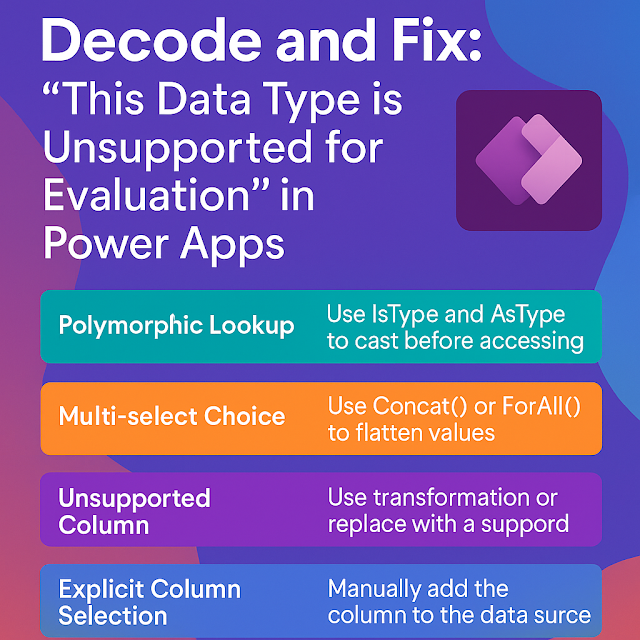PL 400: determine when to use serverless computing, plug-ins, or Power Automate
It was this wonderful study trip to write the previous article (Determining When to Use Logic Apps vs. Power Automate Flow). It has given a beautiful understanding of Logic Apps and Power Automate uses. Now I'm excited to learn about the use of serverless computing, plugins or Power Automate. I would like to start with Power Automate, as the studies of the previous article are in memory. Let's start.
Power Automate:
Power Automate empowers the office worker or citizen developer. It offers Designer First Integration which can be availed by the citizen developer. It is workflow as a service and it works perfectly with Microsoft business line of products and simple integration between them.
Plugins:
The use of plugins in CRM is the preferred interview question. My early days in CRM always bugged me, so I've asked this question on stackoverflow and got the answer below. Regardless, one of the user considered this unqualified question and made it a useless question on stackoverflow and lost some point for asking this question. However, I believe the use of plugins in CRM is fully answered below.
We should use plugins under any of the following conditions:
- When you need to enforce business logic in your database that you cannot accomplish reasonably with built in tools like workflows
- When your business logic must be executed synchronously
- When you need to integrate with external services (address verification or payment processing for example)
- When you have a multi-tiered solution where you want to inherit business logic
- Recurring Jobs.
- Centralized reusable business logic.
- Batch Processing/Mass updates
- Integration with external systems
- Plugins/custom activities can call Azure functions via HTTP.














Comments
Post a Comment